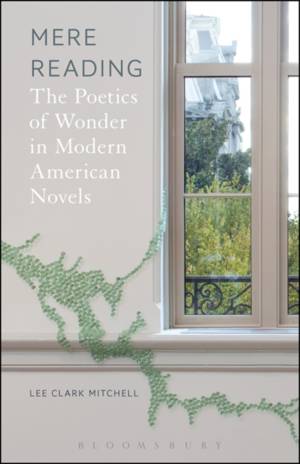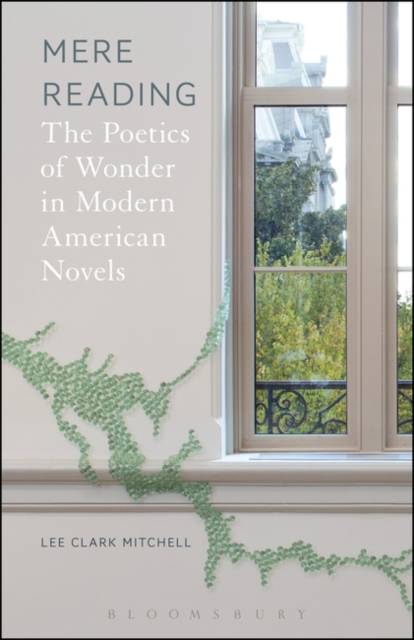
- Afhalen na 1 uur in een winkel met voorraad
- Gratis thuislevering in België vanaf € 30
- Ruim aanbod met 7 miljoen producten
- Afhalen na 1 uur in een winkel met voorraad
- Gratis thuislevering in België vanaf € 30
- Ruim aanbod met 7 miljoen producten
Zoeken
€ 228,95
+ 457 punten
Uitvoering
Omschrijving
Mere Reading argues for a return to the foundations of literary study established nearly a century ago. Following a recent period dominated by symptomatic analyses of fictional texts (new historicist, Marxist, feminist, identity-political), Lee Clark Mitchell joins a burgeoning neo-formalist movement in challenging readers to embrace a rationale for literary criticism that has too long been ignored-a neglect that corresponds, perhaps not coincidentally, to a flight from literature courses themselves.
In close readings of six American novels spread over the past century-Willa Cather's The Professor's House, Vladimir Nabokov's Lolita, Marilynne Robinson's Housekeeping, Cormac McCarthy's Blood Meridian and The Road, and Junot Díaz's The Brief Wondrous Life of Oscar Wao-Mitchell traces a shifting strain of late modernist innovation that celebrates a species of magic and wonder, of aesthetic "bliss" (as Barthes and Nabokov both coincidentally described the experience) that dumbfounds the reader and compels a reassessment of interpretive assumptions. The novels included here aspire to being read slowly, so that sounds, rhythms, repetitions, rhymes, and other verbal features take on a heightened poetic status-in critic Barbara Johnson's words, "the rigorous perversity and seductiveness of literary language"-thwarting pressures of plot that otherwise push us ineluctably forward. In each chapter, the return to "mere reading" becomes paradoxically a gesture that honors the intractability of fictional texts, their sheer irresolution, indeed the way in which their "literary" status rests on the play of irreconcilables that emerges from the verbal tensions we find ourselves first astonished by, then delighting in.Specificaties
Betrokkenen
- Auteur(s):
- Uitgeverij:
Inhoud
- Aantal bladzijden:
- 280
- Taal:
- Engels
Eigenschappen
- Productcode (EAN):
- 9781501329654
- Verschijningsdatum:
- 20/04/2017
- Uitvoering:
- Hardcover
- Formaat:
- Genaaid
- Afmetingen:
- 142 mm x 218 mm
- Gewicht:
- 476 g

Alleen bij Standaard Boekhandel
+ 457 punten op je klantenkaart van Standaard Boekhandel
Beoordelingen
We publiceren alleen reviews die voldoen aan de voorwaarden voor reviews. Bekijk onze voorwaarden voor reviews.







